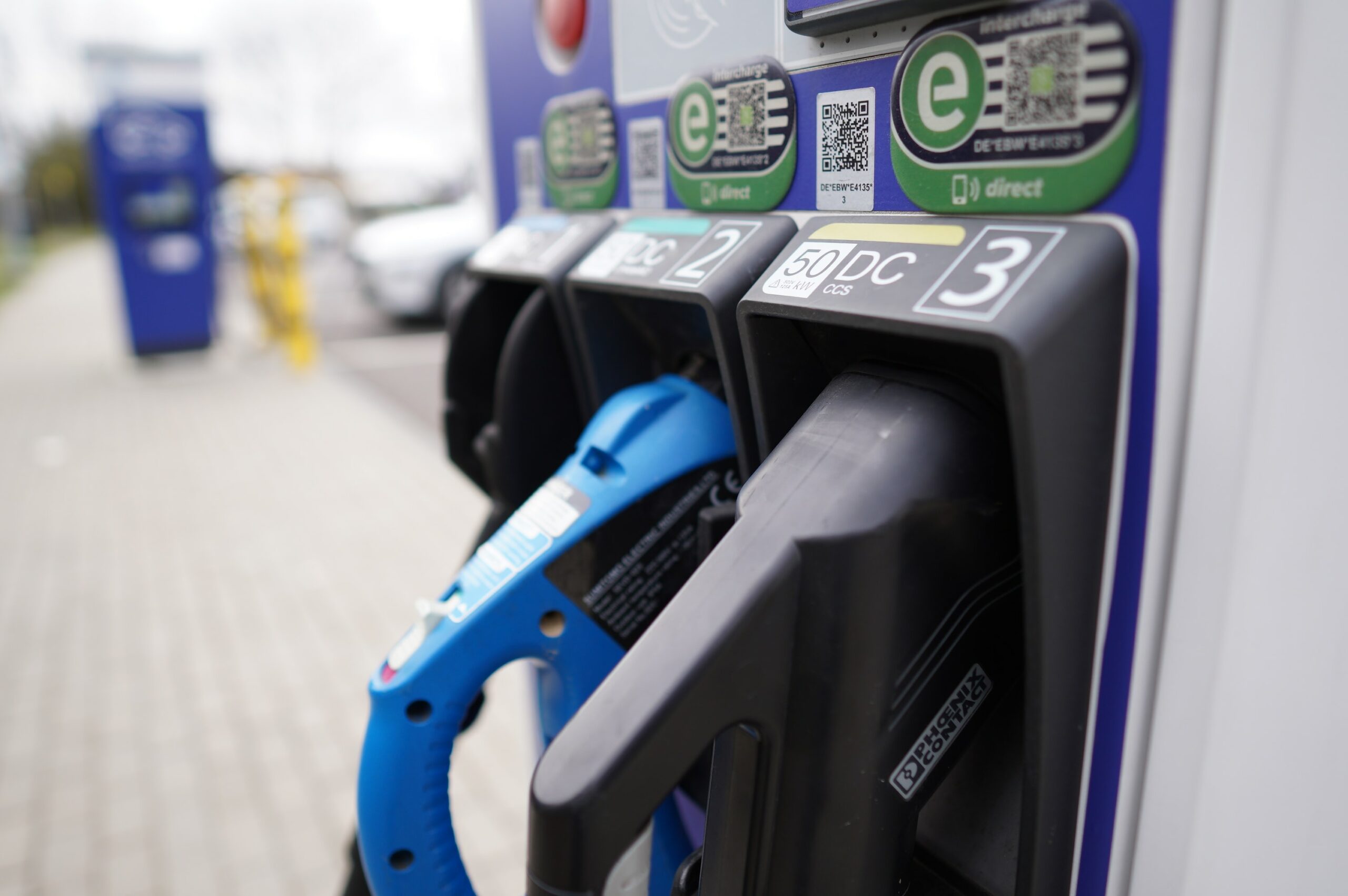5 ways delivery operations can reduce their fuel consumption

Fuel consumption has been a hot topic for a while now, for various reasons.
Many businesses and consumers alike are becoming increasingly conscious of saving the environment. Whilst others are looking to save money wherever possible as they recover from lockdown repercussions.
Additionally, the government are bringing forward the ban on fossil fuel vehicles to 2030, forcing many to consider electric vehicles in the near future.
And of course, the recent fuel shortages which have left many queueing for hours to fill up their vehicles, having a drastic impact on essential workers and delivery operations.
Whatever the reason for reducing fuel consumption, it’s likely to be a good one. So to help businesses such as yours out, here are 5 ways that you can save fuel without compromising on your delivery operations.
Optimise efficient routes
Let’s start by reviewing your current routes and mileage.
Whether you run fixed or dynamic routes, if they are not optimised correctly you may not only be wasting fuel, but also hours on unnecessary mileage.
By using route optimisation technology, you can automatically generate the most efficient route sequences which take into account time windows, vehicles, and load capacity.
This dramatically improves the effectiveness of your fleet utilisation, whilst also reducing fuel, mileage, and costs.
In fact, you can reduce your daily mileage by an impressive 20%!
Customer communication ETA notifications
UK retailers, their delivery partners and even consumers are losing an enormous collective £1.6 billion a year, due to failed delivery.
Part of these costs is the additional fuel that is needed to redeliver to an address, sometimes even multiple times.
One of the main causes for missed deliveries is a lack of customer communication. Customers aren’t aware of when their delivery will be turning up, and therefore cannot make arrangements to be home to receive it.
To resolve this issue, you can use logistics technology which will proactively send out advance email and SMS ETA notifications to keep your customers regularly up to date.
This can include confirmation of delivery date and time, and then regular updates once their delivery driver is out on the road.
This helps customers to be in when their delivery is due. And saves drivers time, miles, and of course fuel.
Proof of delivery
Another significant cost for businesses is when parcels go missing or cannot be found.
The costs associated with this are from customer service teams who have to help the customer. The cost of sending a new item. And of course, the delivery and fuels cost associated with the new delivery.
Electronic Proof of Delivery (ePOD) is a paperless solution utilised on mobile devices. Which can offer businesses complete visibility of when orders have been delivered.
Each delivery is tracked electronically, and the driver can take customer signatures and photos of the order once they have been delivered. All of which can be sent to the customer and logged with the business.
This confirms the delivery has been made, and exactly where their order has been left.
Go electric
The obvious choice for cutting down on fuel is of course to go electric.
After all, electric vehicles are much cheaper to run than their diesel counterparts. During trials, the cost of running some electric vans came in at just £4 per 100km which is minimal compared to refuelling.
We appreciate this is a large undertaking for many businesses. But by working with a company such as MaxOptra, we can model your fleet and tell you exactly how many vehicles you will require if you were to go electric.
Ongoing monitoring and analysis of results
And finally, one of the best things businesses can do to reduce their fuel usage is to continually monitor and analyse their usage and results.
That way you can identify how efficient your routes are and whether you are wasting fuel unnecessarily. All of which can be utilised to improve efficiency, reduce spend, and keep both drivers and customers happy.
Are you looking to reduce your fuel consumption?
Fortunately, MaxOptra can help you do all of the above and more.
If you’d like to find out how we can improve your delivery operations, and save you money, get in touch with our friendly team of experts.
Maxoptra System
© MaxOptra, 2023. Privacy Policy and Cookies


